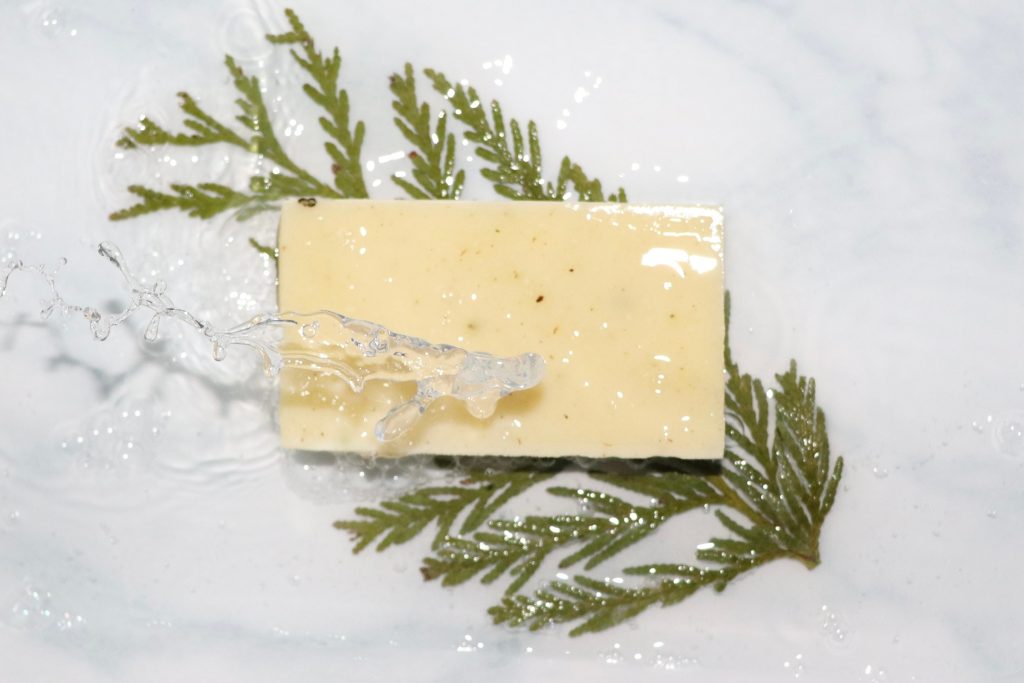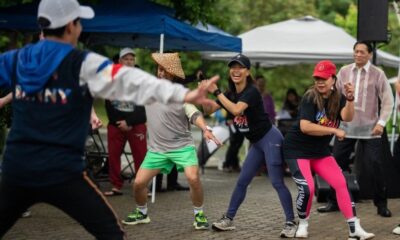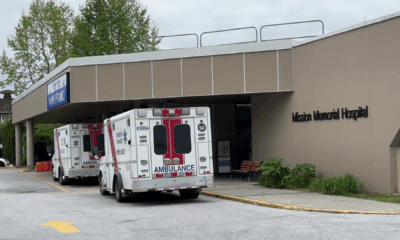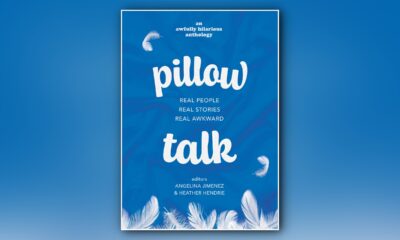Local News
Indigenous wellness brand opens East Van store

The owner of an Indigenous wellness brand is working to help break down economic barriers faced by Indigenous entrepreneurs, with the opening of her first storefront in Vancouver.
Lynn-Marie Angus, who comes from the Gitxaala, Nisga’a, Cree and Metis Nations, founded Sisters Sage in 2018 with her younger sister.
Prior to starting Sisters Sage, Angus says she worked in male-dominated construction sites and kitchens, where she experienced racism and sexism, and was overlooked for opportunities.
Out of a desperation to leave these “toxic workplaces,” she says, she joined forces with her younger sister to build Sisters Sage and got to work.
“I basically threw myself into entrepreneurship and I took some business administration classes at UBC, BCIT at the UBC learning exchange,” she said. “I did a lot of education to learn about what it meant to be a business owner and to be an entrepreneur.”
Between working full-time in construction, trying to get traction with Sisters Sage and learning what it’s like to be an entrepreneur, Angus says it wasn’t an easy time in her life.
“It was a lot of sacrifice, hard work and tears,” she said.
But those tears cumulated in her family-run business on Kingsway, where her handmade soaps, salves, bath bombs and smudge are now available in-person for the first time. Her sisters, brother, niece and auntie can often be seen helping out around the shop.
After having to make a quick move out of her previous workshop due to an insurance issue, Angus says the store opening in East Vancouver in December felt serendipitous.
“I was able to find Sisters Sage at 1312 Kingsway, so close to where I live, in the neighborhood that I grew up in, and in East Vancouver. My home, that I love,” Angus said.
“We got to make the move right into the shop, with no renovations. The colours were already my brand colours. Everyone in the neighborhood was excited because they already follow me. They’re already customers.”
‘Culturally authentic’ products for all
Angus’ top-selling product is a smokeless smudge spray, which she says she developed while living in a basement suite in the city.
“I wasn’t allowed to burn my my traditional medicines because of the smoke, so I created this product,” she said.
“Which, in turn, became a very versatile product because people really like to use it when they’re traveling, in hospitals, in hotel rooms… It’s a convenient alternative to burning our medicines and it’s really become our top seller.”
Other products sold at Sisters Sage include soap bars, bath bombs and hand soaps, which feature scents like cedar, sage and sea kelp.
Angus says her customers resonate with her products for different reasons.
“For instance, non-Indigenous people like to support us, not just because of our awesome products, but also because our products are culturally authentic and it makes people feel like they’re not appropriating our culture by using them,” she said.
Sometimes Angus says people come to her asking for the raw plant medicines her products are infused with, but she says that’s not what her store is there for.
“I always tell them that my traditions and teachings are not ever to sell just our raw plant medicine, but what we do is to take pieces of it and incorporate it into another product,” she said.
“So, I feel people are able to navigate their own ethics through our products.”
Sisters Sage’s storefront is also becoming a hub for other Indigenous entrepreneurs, or entrepreneurs from marginalized groups, Angus says.
When Canada introduced the Indian Act in 1876, Angus says Indigenous people had their land and economic independence stolen from them. According to a 2023 report by the Bank of Canada, property ownership restrictions imposed under the Indian Act continue to create systemic barriers to Indigenous land sovereignty and must be removed to achieve economic reconciliation.
“This is something that is a continuance today, and so we have many barriers to success and access to money is a huge one,” she said.
“What Sisters Sage is striving to do is help break these barriers.”












